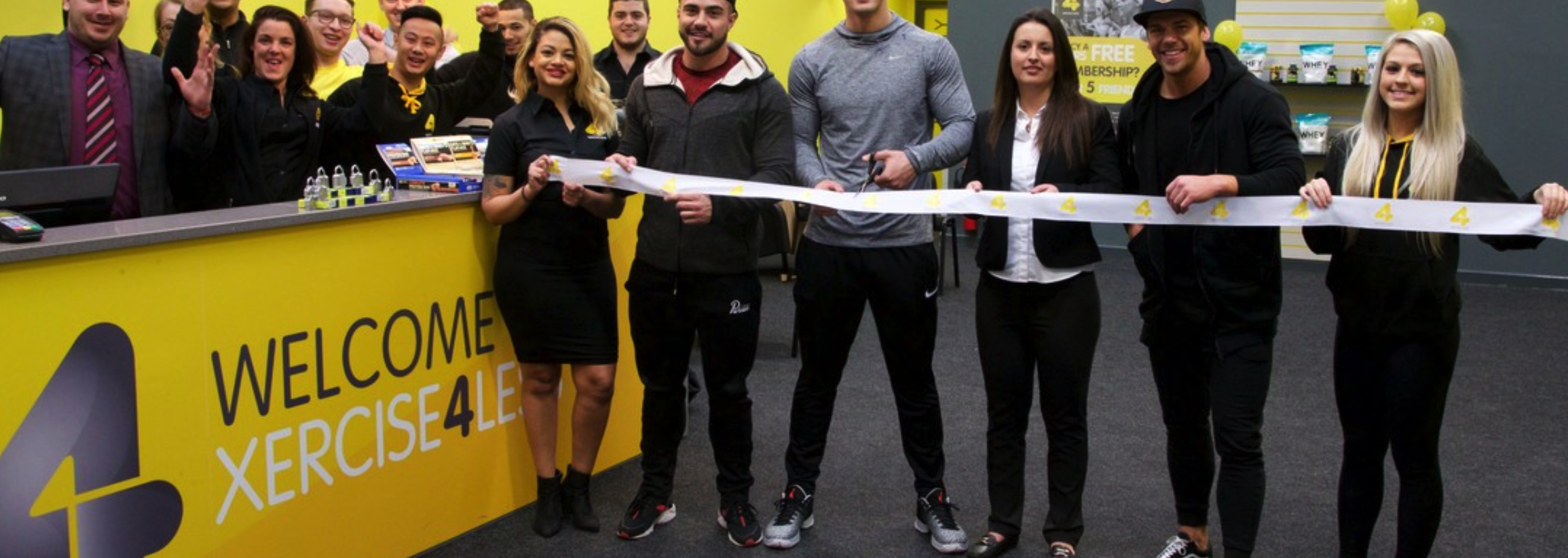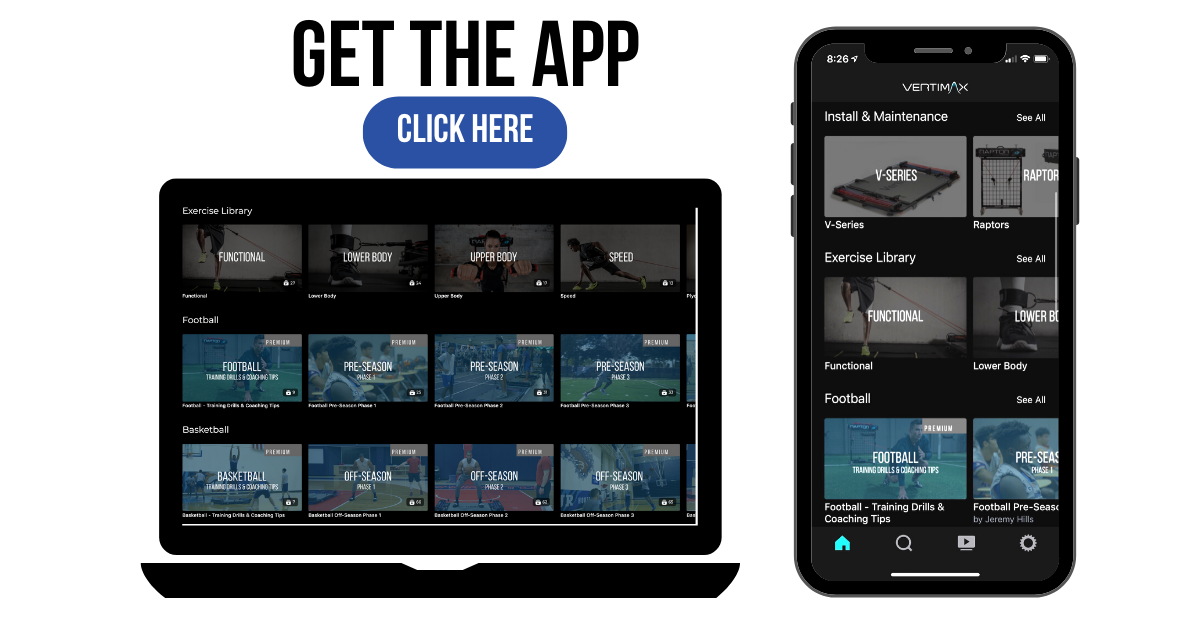Opening your own business is not easy and it’s even harder if don’t have any guidance. You have to do your own research, have a business plan, possibly pay someone to help, or bring on a business partner with a business background. If you have opened your own fitness or sports performance business you know it’s more than just registering your name, purchasing a building and outfitting it with equipment. There are numerous monetary and logistical factors you should be aware of before opening your own fitness or sports performance facility.
Information For Opening a Fitness Facility
-
Competitive Analysis
Being in the market for some time I’m sure you’re aware of your competitors, but do you really know them? A competitive analysis will help establish what makes your service unique in order to attract your target market by finding out what your competitors are doing and what kind of threats they present to your financial well-being. Here are some questions to ask. What are their strategies? What is the market share? What are they doing on social media? What threats does your competition pose? What opportunities do they make available?
-
Have Enough Clients
This is ridiculously obvious I know, but most trainers don’t have any idea how many clients they need to actually run their own business. Coaches and trainers have minimal experience with business so it’s completely understandable that they don’t even think about the costs to open their own place. You’re most likely borrowing money to run your own facility so you’ll need to know your business and how many clients you need to operate and be profitable. Separate yourself from the “build it and they will come” mentality because it’s not that easy.
-
Start Small
Pete Townley of The Upstate Performance Project in Greenville, SC says “start small and grow, but write out a scalable plan before you start”. Have a plan and system ready to handle the growth. This “start small” discipline can be tough. You want to start with a top notch facility, that has all of the best equipment, amenities, etc. but that takes capital and as a small business owner you need to be very careful of not spending all your capital before your business even opens. It’s rather cliche but it does take time, patience, discipline and strategic thinking to have a profitable facility.
-
Location
Pete Townley explains why location is very important. “We knew that we could have a cheaper building for the gym, but catering to high school athletes means a lot of parents are driving their kids to the gym. They are not going to want to drop their kids off in a sketchy warehouse district.” And your desired location may also be in an area where your target clients are already being serviced by a competitor (see competitive analysis).
-
Operating Documents
Pete Dupis, (who you should know) if you have or want to have your own fitness or performance business brings this finer logistical detail to surface (seriously, follow this link - Pete is full of knowledge for operating your own fitness business). “The last thing most trainers are probably thinking about during the planning stages of opening a facility are the licenses or certificates needed, but it’s important to do your due diligence. While requirements vary from state to state, it is likely that you’ll need a city or county business license (maybe both) as well as a Health Studio Certificate from the Department of Agriculture”.
-
Marketing
Specifically website design and maintenance. Your business can’t always thrive on word of mouth so you’ll need to market digitally. The biggest factor that’s often overlooked when starting your own business is a website. There are some free website building tools and there is always the option to just have a Facebook page, but you want to attract new clients and you need to showcase what you offer. To have a website built and managed you’re looking anywhere between $2,000 - $8,000 upfront and about $200-$500 per month to manage according to digital.com
-
The Value of an Accountant
Number crunching, budgeting, taxes, paying bills, payroll etc. is not fun at all, but as a business owner it’s up to you now. If you don’t have the accounting skills to do your own financials (don’t worry, most people don’t) then it’s worth considering having an accountant to help. A great example of how an accountant can help is with creating and managing your budget A properly monitored budget can actually free up cash flow, and help set and reach long-term business goals.
Other Often Overlooked Factors
- Signage
- Insurance (Huge One)
- Credit Card Fees
- Building and Equipment Maintenance Repairs
- Audio Equipment
- Utilities
I’m sure there are numerous factors I left out, but it’s very clear that there is more to opening a fitness or sports performance facility than a having a building with equipment. It’s not easy, but you can’t let that deter you. Just be prepared and do your homework. Have a smart and strategic (scale for growth) business plan and stick with it. Don’t compare your place and business to other facilities on social media because they’re most likely not doing as good as they appear.





.png?width=110&name=Listing%20Image-basketball%20ladder%20drill%20%20(350%20x%20350%20px).png)














